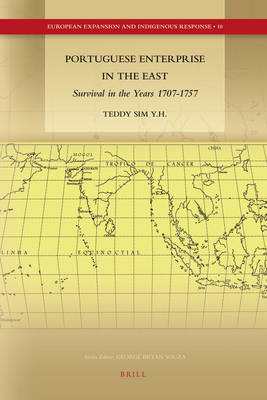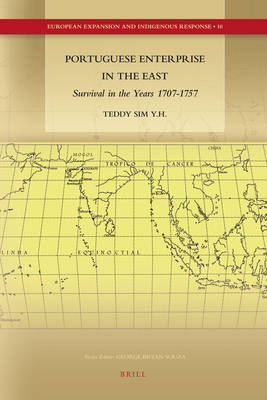
- Afhalen na 1 uur in een winkel met voorraad
- Gratis thuislevering in België vanaf € 30
- Ruim aanbod met 7 miljoen producten
- Afhalen na 1 uur in een winkel met voorraad
- Gratis thuislevering in België vanaf € 30
- Ruim aanbod met 7 miljoen producten
Zoeken
€ 228,95
+ 457 punten
Omschrijving
Since 2000, there have been fewer studies released about the 'formal aspects' of the operation of colonial powers, such as Portugal, in the East during the Early Modern period. Prior, the fall of Communism, in the last decade of the twentieth century, gave a boost to liberal ideology, while research into topics related to autocracy or state apparatus have become unfashionable. The Portuguese role in the East is usually overlooked, being less high-profile than that of the Dutch or British. Drawing on unpublished materials from the Overseas Historical Archive, and other libraries in Portugal, this book considers Portuguese leadership and organization at home, where it pertained to the governance of the eastern colonies; as well as the formal and 'soft' instruments of state applied on the ground in these colonies in first half of the eighteenth century.
Specificaties
Betrokkenen
- Auteur(s):
- Uitgeverij:
Inhoud
- Aantal bladzijden:
- 240
- Taal:
- Engels
- Reeks:
- Reeksnummer:
- nr. 10
Eigenschappen
- Productcode (EAN):
- 9789004202481
- Verschijningsdatum:
- 25/08/2011
- Uitvoering:
- Hardcover
- Formaat:
- Genaaid
- Afmetingen:
- 165 mm x 244 mm
- Gewicht:
- 521 g

Alleen bij Standaard Boekhandel
+ 457 punten op je klantenkaart van Standaard Boekhandel
Beoordelingen
We publiceren alleen reviews die voldoen aan de voorwaarden voor reviews. Bekijk onze voorwaarden voor reviews.








